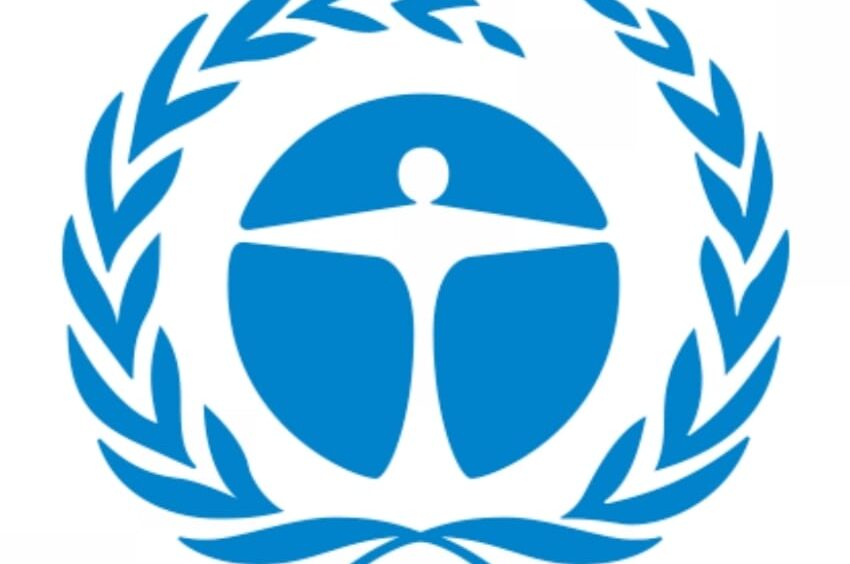UN Begins Drive To Halve Food Waste By 2030

A new UN Environment Programme initiative unveiled at COP30 aims to cut global food waste by half and reduce methane emissions by up to 7 per cent through coordinated action by governments, cities and civil society
The UN Environment Programme (UNEP) and its partners have introduced an initiative to cut global food waste by half by 2030 and reduce methane emissions by up to 7 per cent. The Food Waste Breakthrough, announced at COP30 in Belém, is part of the 2030 Climate Solutions under the Marrakech Partnership for Global Climate Action.
The world wastes more than one billion tonnes of food each year. UNEP says this contributes up to 10 per cent of global greenhouse gas emissions and accounts for up to 14 per cent of methane output. Methane is a short-lived climate pollutant that is far more potent than carbon dioxide over twenty years. The financial loss linked to food waste is about USD 1 trillion per year.
Inger Andersen, UNEP, Executive Director, said: “The world wastes an unforgiveable amount of food each year, in every country, rich and poor. Reducing this food waste is key to addressing hunger and cutting methane emissions from landfills – decisive action to lower global temperatures, save money, and tackle food insecurity at the same time. The Food Waste Breakthrough is exactly the kind of big-hitting initiative we need to keep climate change in check and save nutritious food for those who need it.”
Dan Ioschpe, COP30 Climate High-Level Champion, said: “If left unchecked, food waste could double its methane impact by 2050, threatening our climate and food security. But the solution is in our hands. By uniting governments, cities, businesses, and communities globally to halve food waste by 2030 and keep food out of landfills, we can cut methane unlocking bold climate action and propelling humanity toward a future where food shortage and waste are history.”
The Food Waste Breakthrough rests on three pillars: capacity building and advocacy, data and policy, and finance and implementation. The Global Environment Facility has committed USD 3 million for a four-year project to support the initiative. UNEP says the project will scale proven approaches to prevent food waste and reduce methane emissions in developing countries while encouraging wider cooperation.
Carlos Manuel Rodríguez, Global Environment Facility, CEO and Chairperson, said: “Addressing food waste through prevention and behavioural change holds promise not only for cost-effective climate action, but also towards supporting sustainable consumption. We look forward to partnering with countries and cities to scale up such investments as part of our commitment to bring about transformational change through integrated solutions.”
UNEP is also working with financial institutions and foundations to raise a USD 5 million challenge that will support up to twenty five community-led innovations across Latin America and the Caribbean, Asia, Africa and the Middle East.






































































































































































































































































































































































































































































































































































































































































































































































































































































































































































































































































































































































































